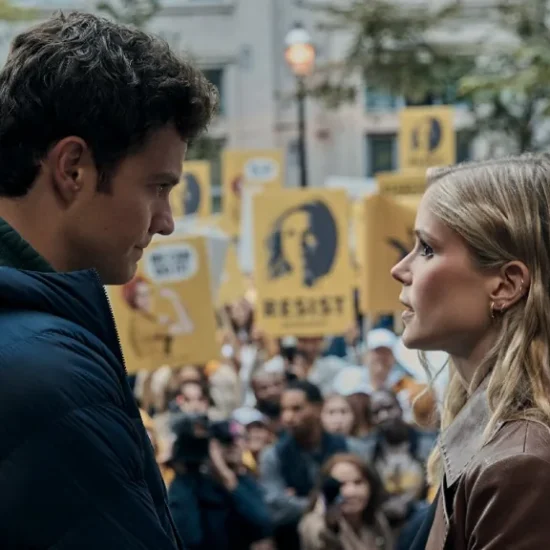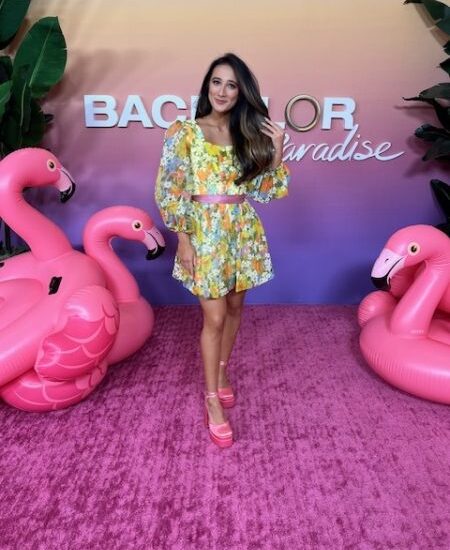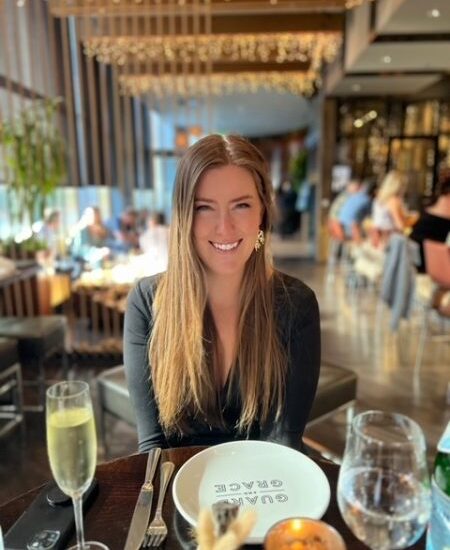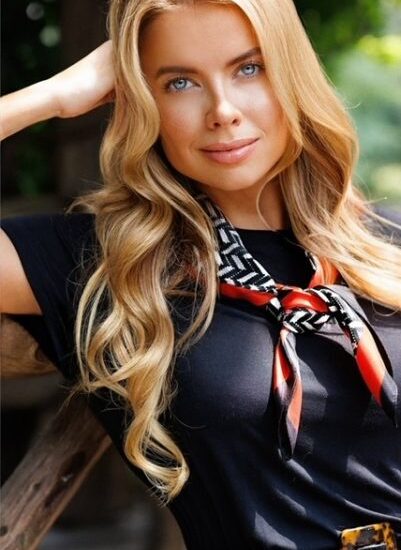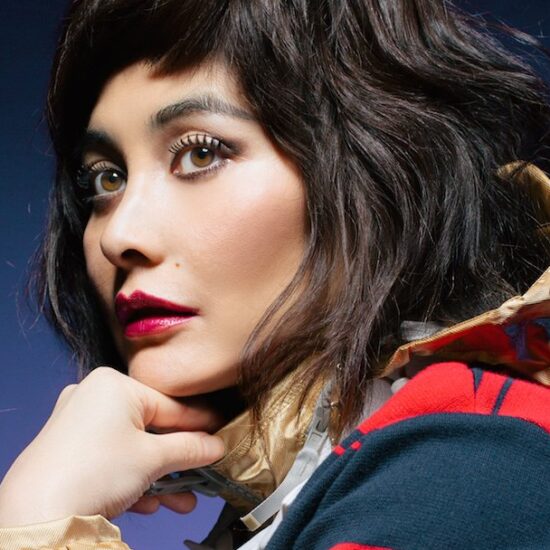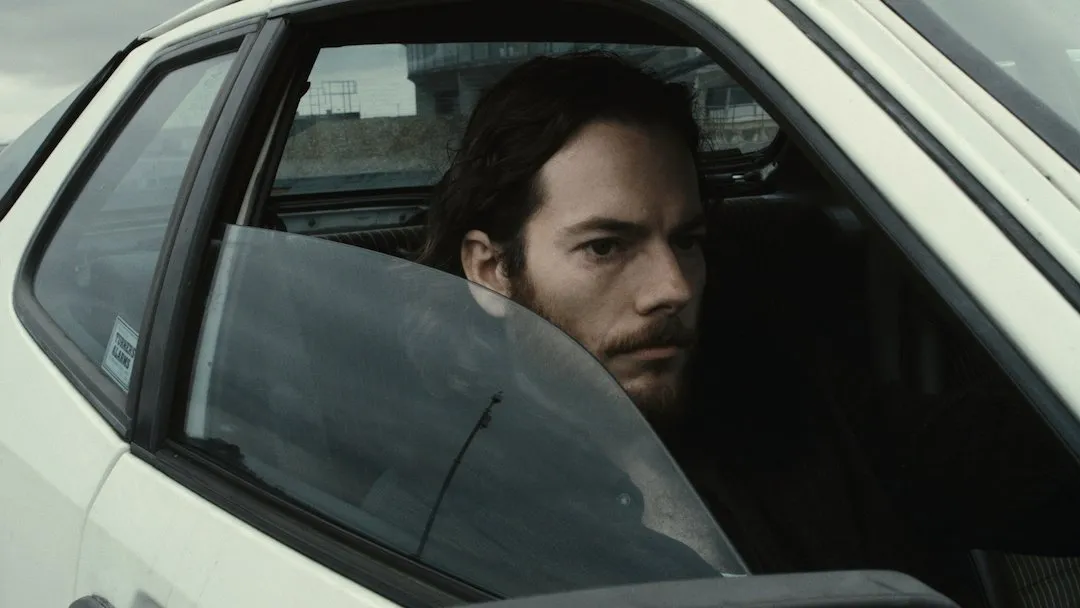
Raindance alumni Jamie Robson is an award winning Scottish actor, with accolades ranging from leading in a BAFTA winning film, to working with the highly praised Charlotte Wells, cinematographer Robbie Ryan, and those alike. His first step as an actor, in the starring role, debuted at Raindance in 2018, which was a catalyst for everything that followed. I had the opportunity to chat with Jamie about his films, experiences thus far, the world of independent cinema and festivals, and what he has learned.
Your first film, Blue Christmas, debuted at Raindance in 2018. How was your experience?
It was wonderful; a packed house and great atmosphere. We all attended; my partner, my agent Wendy Scozzaro, Charlotte Wells, her partner and family. It was a great start to my career as an actor, I was very lucky – getting the lead role, working with Robbie Ryan, shooting on celluloid, going to Sundance, Raindance, TIFF, SXSW. I owe a tremendous debt of gratitude to the casting directors, Simone Pereira-Hind and Anna Dawson. Their support and advocacy played a huge part in the foundations of my career.
What was the most important thing you learned from working with Charlotte Wells?
The value of observation and language of collaboration; the project involved many talented people, such as Robbie Ryan, the Palme d’Or winning cinematographer who has worked with the likes of Yorgos Lanthimos and Andrea Arnold. By carefully watching how others operated, I learned how to exist on set. From there, I found I was more able to express ideas in a diplomatic but practical manner. Charlotte and I became close friends and we’re developing another project together.
How did your acting journey begin? What inspired you?
My love of film and interesting actors was the primary catalyst, then friends who were upcoming filmmakers, such as Peter Marsden, drew me in with opportunities on their music videos and short films; it just took off from there. Early on, I had the fortune of meeting Mark Cousins (Story of Film) who became somewhat of a mentor. Around the same time, I was introduced to Simone, who cast me in my first paid acting role, Blue Christmas, which was nominated at Sundance; then I did My Loneliness Is Killing Me, which won a BAFTA; and it all snowballed from there.
What role did Raindance have in shaping your journey in the film industry?
Elliot Grove has always been a source of positivity and optimism. He’s a bastion of independent cinema and his support has helped my confidence grow as an actor. Having an ongoing relationship with Raindance, BIFA and their respective teams has been very valuable psychologically.
What advice would you give your five years ago self?

Be more patient, trust in the process and loosen the reins a little. I perhaps “curated” my career trajectory too stubbornly in the beginning, which looks good with regards to leading in critically lauded work, but it maybe stifled me of some creative and financial opportunities. These days, my approach is more fluid and flowing.
How did you feel during the Scottish BAFTA win for My Loneliness is Killing Me?
Delighted – and it didn’t stop with the BAFTA; it won Short of the Week, the BFI Flare and was screened on the BBC. The film was an exhausting experience, with night shoots, weight gains and difficult scenes. So when it was received with such positivity, it justified all of those challenges. I’m very proud of Tim, he’s a lovely person, highly intelligent and incredibly talented. I’m looking forward to collaborating with him again soon.
What is something you prioritise when preparing for a new role?
Fundamentally, I want to understand exactly what the director wants from me, so I ask a myriad of questions about the role. Then I build the character up with various elements such as posture, mannerism and intonation. This “suit” means I can adopt it immediately when needed on set. I don’t have to stay in character or anything like that. I just take the suit on and off when required. After that, it’s just arrive on time, hit your mark and remember the lines!
You just finished working on one of your latest projects, Salvage? Tell us a little about it – why is it an important story?

It was an opportunity to work within the exciting Cornish film scene, notable for people such as Mark Jenkin and films like Bait. Salvage was exec-produced by Bosena who produced Enys Men. It was also another chance to collaborate with Jonny Dry, who I really enjoy working with. Actually, one of the best experiences I’ve ever had as an actor happened when I previously worked with Jonny, so it was a no-brainer really. However, I was nervous about the role, mainly because of the accent and how personal the project was to the writer. I think the story is a timeless one, told with some unique insights into a rarely seen world. It was quite an immersive experience and I’m proud of the film we made. Jonny is a rarity in so much as his talent is matched by his character, he’s a good person as well as a great director. The main producer, Ella Turner (Studio Erma) did a fantastic job of making the whole thing happen. It was a great team.
Do you find a lot of similarities in the roles you take? Are there challenges or do you feel it’s natural to fall into the character’s mindset?
I tend to be drawn to the more challenging performances and films that’ll perhaps be an intense experience for the audience. I admire performances like Jack Nicholson in The Shining (1980) or Louise Brooks in Pandora’s Box (1929) or Harvey Keitel in Bad Lieutenant (1992); they exhibit a form of “eccentric realism”. There’s something about those types of performances – rooted in realism but punctuated with something else that’s hard to describe in words. I don’t struggle to “get into character” because of that suiting process described earlier. As we know from childhood, it’s easier to pretend you’re someone else once you’re in costume. The only difference now is that the costume is more psychophysical, rather than just clothing.
Can you compare how you felt the first time you acted to now?
I’m definitely more informed and experienced thus generally more at ease these days. I still feel that butterfly energy that comes with the territory, an excited buzz of sorts; but I can harness it now, rather than be distracted by it. Any on-set nerves don’t extend beyond the first day anymore. After day one, it feels like home.
Why are independent festivals like Raindance important to new filmmakers and actors?
Particularly in the UK, with the way public funding is going and the lack of any extensive studio system – these festivals are an essential platform for new talent, without which, they may never be discovered. In many ways, they gently ease people into the wider film industry. There’s a supportive culture around these events which addresses any issues of imposter syndrome; something I suffered from terribly. Personally, I learned my trade with independent productions and festivals. I built a network of collaborators and mentors. I established in myself what acting meant for me and how I intended to pursue it. So, with any transition towards larger commercial and mainstream opportunities, I bring with me an infrastructure built on independent soil. I think that transmission benefits both sides of the fence.
Read more about Jamie Robson:
Kaleen Gendreau is an intern at Raindance, and she previously earned her BA in Mass Communications and Production from the University of South Florida, Tampa, in the spring of 2023. She’s written and directed two student film projects, and spent a lot of her time at university working and filming in a virtual production studio.










